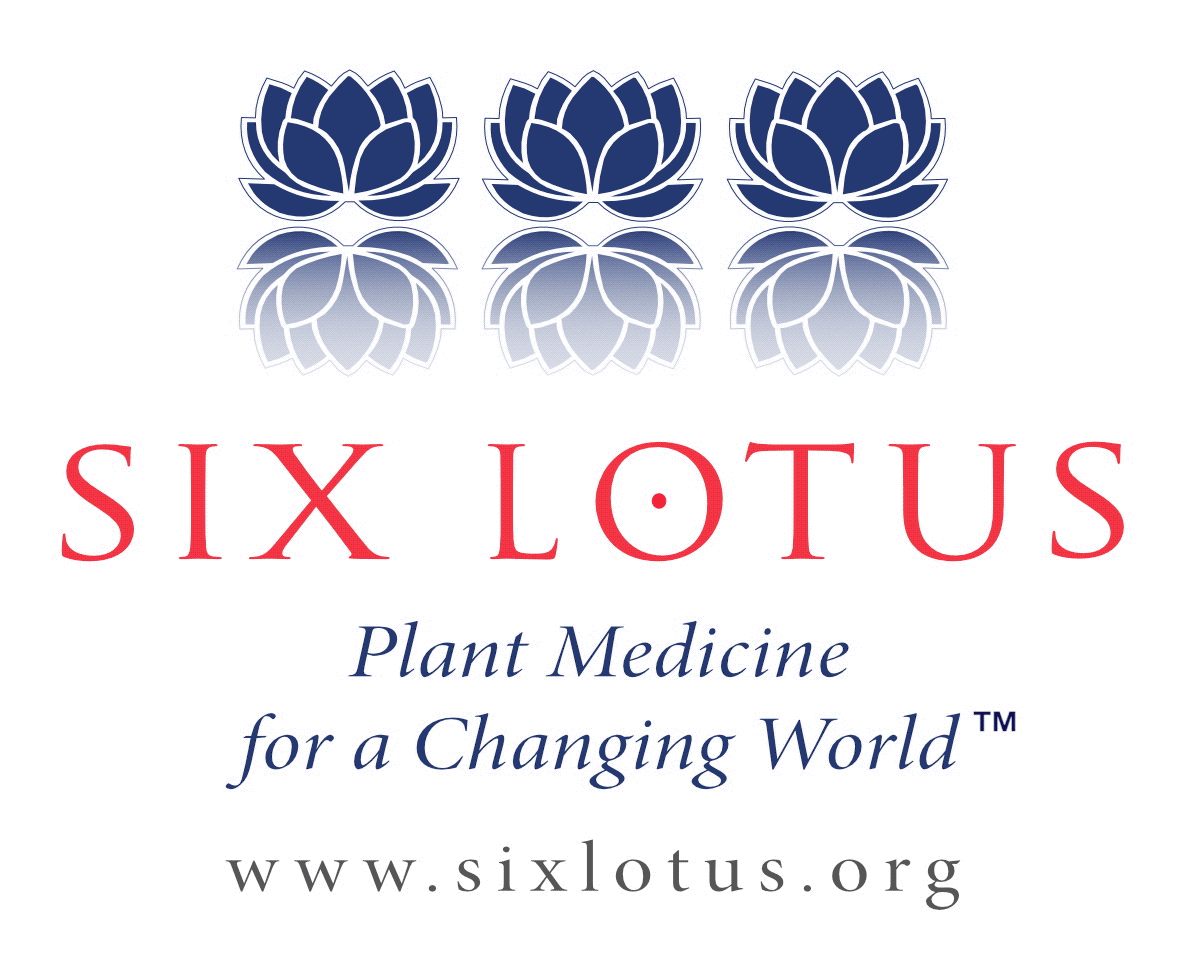The Benefits of Eating Only Organic Food
A growing body of research affirms that organic food—produced without synthetic pesticides, herbicides, genetically modified organisms (GMOs), antibiotics, or hormones—offers distinct advantages for human health, environmental sustainability, and animal welfare. In contrast, industrialized agriculture reliant on chemical inputs has led to widespread contamination of food, degradation of soil microbiomes, harm to pollinators, and disruption of the human gut-brain axis. This paper outlines the scientific rationale for choosing organic foods as a cornerstone of integrative health and planetary stewardship.
Nutrient Density and Soil Health
Organically grown produce has been shown to contain higher concentrations of certain antioxidants, flavonoids, and micronutrients, such as vitamin C, iron, and magnesium, compared to conventionally grown counterparts (Barański et al., 2014). This enhanced nutritional value is largely attributable to soil health. Organic farming techniques focus on composting, cover crops, and crop rotation, which enhance microbial diversity in the soil, improving nutrient bioavailability and carbon sequestration (Lori et al., 2017). Conversely, synthetic fertilizers disrupt natural nutrient cycling, and over time, deplete the mineral content of soil.
Glyphosate and the Gut Microbiome
Glyphosate, the active ingredient in many herbicides (e.g. Roundup), has been shown to disrupt the delicate ecosystem of the gut microbiome. Originally patented as a chelating agent and later used as a broad-spectrum herbicide, glyphosate inhibits the shikimate pathway, a biochemical route used by plants and many beneficial gut bacteria. Although this pathway is absent in human cells, it is crucial for microbial communities that synthesize essential amino acids and maintain immune function (Mesnage & Antoniou, 2017). Disruption of these bacteria can lead to increased intestinal permeability (“leaky gut”), inflammation, and downstream consequences for mood, cognition, and chronic disease risk.
Emerging evidence suggests a correlation between the rise of glyphosate use and the alarming increase in autoimmune diseases observed over recent decades. Some researchers have proposed that glyphosate exposure may impair the gut lining and immune tolerance mechanisms, potentially contributing to the growing prevalence of gluten intolerance. While gluten itself is a natural plant protein, its poor processing by the body may be exacerbated by glyphosate-induced microbiome disruption. Urgently, more research is needed to clarify these relationships and identify safe, preventative interventions.
Impact on Animals and Ecosystems
Commercial pesticides and herbicides—including but not limited to glyphosate—also accumulate in ecosystems, posing a serious risk to animals that graze on sprayed crops or consume pesticide-laced water. Studies have shown that exposure to these chemicals can alter reproductive hormones, immune function, and gut microbiota in animals (Kubsad et al., 2019). These toxins bioaccumulate in the food chain, ultimately impacting human health through secondary exposure. Pollinators such as bees, vital to global food security, also suffer from sub-lethal effects of neonicotinoids and herbicide residues, contributing to colony collapse and loss of biodiversity.
Gut-Brain Axis and Mental Health
The gut-brain axis is a bi-directional communication network between the gastrointestinal tract and the central nervous system. A balanced gut microbiome is essential for synthesizing neurotransmitters like serotonin and regulating inflammatory cytokines. Pesticide residues—especially those that damage intestinal flora—can impair this axis, potentially contributing to anxiety, depression, and cognitive decline. Organic foods, by reducing exposure to these chemical agents, support microbial resilience and thus mental well-being (Clapp et al., 2017).
Conclusion
Choosing organic food is not just a dietary preference; it is a health imperative in the face of rising chronic illness, ecological degradation, and chemical exposure. Organic farming restores soil vitality, preserves ecosystems, enhances nutrient content, and reduces toxic load in both people and animals. As glyphosate and similar chemicals come under increasing scrutiny, shifting to an organic diet is a practical and scientifically supported path toward resilient health and sustainability.
References
Barański, M. et al. (2014). ‘Higher antioxidant and lower cadmium concentrations and lower incidence of pesticide residues in organically grown crops: a systematic literature review and meta-analyses’, British Journal of Nutrition, 112(5), pp.794–811.
Clapp, M., Aurora, N., Herrera, L., Bhatia, M., Wilen, E. and Wakefield, S. (2017). ‘Gut microbiota’s effect on mental health: The gut-brain axis’, Clinical Practice, 12(4), pp.245–253.
Kubsad, D., Nilsson, E.E., King, S.E., Sadler-Riggleman, I. and Skinner, M.K. (2019). ‘Assessment of glyphosate induced epigenetic transgenerational inheritance of pathologies and sperm epimutations: Generational toxicology’, Scientific Reports, 9(1), p.6372.
Lori, M. et al. (2017). ‘Organic farming enhances soil microbial abundance and activity—A meta-analysis and meta-regression’, PLOS ONE, 12(7), p.e0180442.
Mesnage, R. and Antoniou, M.N. (2017). ‘Facts and fallacies in the debate on glyphosate toxicity’, Frontiers in Public Health, 5, p.316.

